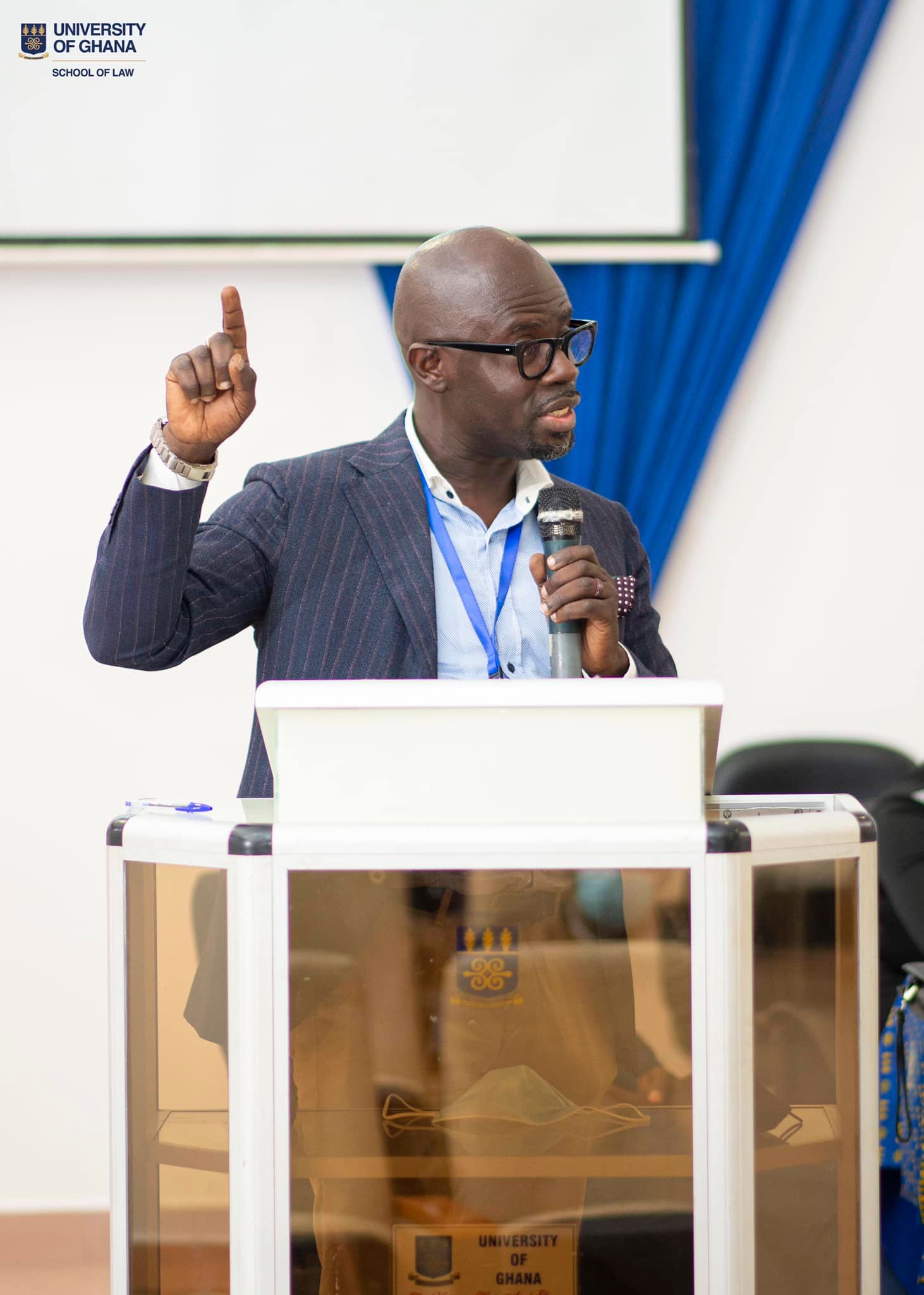Africa's Trade financing: Central Banks' role could be the weakest link in PAPSS chain- UPSA Law Dean
The PAPSS was formally launched in January 2022. It is a centralized payment and settlement system for intra-African trade in goods and services. Africa currently has approximately 42 individual currencies.

Dean of the UPSA Law School, Prof Ernest Kofi Abotsi is not enthused about the pivotal roles ascribed to African Central Banks in the Pan African Payment and Settlement Systems(PAPSS) model.
According to him, their role could be described as the weakest link in the PAPSS chain due to their known inefficiencies, and downright dysfunctions which may likely undermine the whole PAPSS model.
Speaking at the 5th UPSA Law School and ACCA Trade Roundtable, he mentioned that some Central Banks in Africa just do not operate as expected of them relative to professionalism, autonomy, independence, and objectivity in policies and decisions thus describing the Central banks' role as the weakest link in the PAPSS chain.
“Central Bank plays a pivotal role in the model of PAPSS, therefore, a failure of the Central Bank can undermine to some extent, the current model.
“Given the African situation we have, there are Central Bank inefficiencies, in some cases, downright dysfunction. Some of them don’t just operate as one will expect them; professionalized, autonomous, independent, and objective. Some of them don’t have those. Some of them are apron strings of governments. Some of these difficulties or challenges can undermine the current model.”
Additionally, Prof Abotsi was emphatic on the fact that the model of PAPSS can hardly be affected by politics.
He said that even though the PAPSS survives at a certain level in political space, it is actually integrated among the people(businesses).
Moreover, he mentioned that a new wind of change made up of the old African state and a new African sub-state is blowing in Africa and that the latter is a bunch of young vibrant active persons who though are not the state, are business people connected among themselves and to the world.
Commenting on the likely effect of political pressures on the operation of PAPSS, the UPSA Law Dean said that the model works with banks and the transactions initiated by customers.
He added that the banks play an intermediary role while the central banks play the pivotal role thus heightening the ability of the model to withstand political pressures.
Background
The PAPSS was formally launched in January 2022. It is a centralized payment and settlement system for intra-African trade in goods and services. Africa currently has approximately 42 individual currencies. The PAPSS allows companies in Africa to pay for intra-African trade transactions in their local currency. PAPSS is expected to reduce the costs, and accelerate the settlement and payment of, trade transactions.
Previously, African companies and their local banks used correspondent banks – often outside of Africa – to settle payments between two African currencies in a third, external currency, usually dollars or Euros. The previous system also created foreign exchange and liquidity requirements for individual African Central Banks. Considered by many to be a game changer for intra-African trade, PAPSS aspires to save businesses across the continent USD 5 billion in transaction costs each year.
The PAPSS was developed by the African Export-Import Bank in collaboration with the African Continental Free Trade Area (AfCFTA) Secretariat. It uses a digital, cloud-based platform developed by StoneX. By facilitating the settlement of payments, PAPSS aims to support increased African trade under the AfCFTA. African Central Banks oversee the governance and daily operation of the PAPSS, which is headquartered in Cairo, Egypt. PAPSS is only exchanged for legal tender, not digital assets like cryptocurrencies or Central Bank Digital Currencies.


